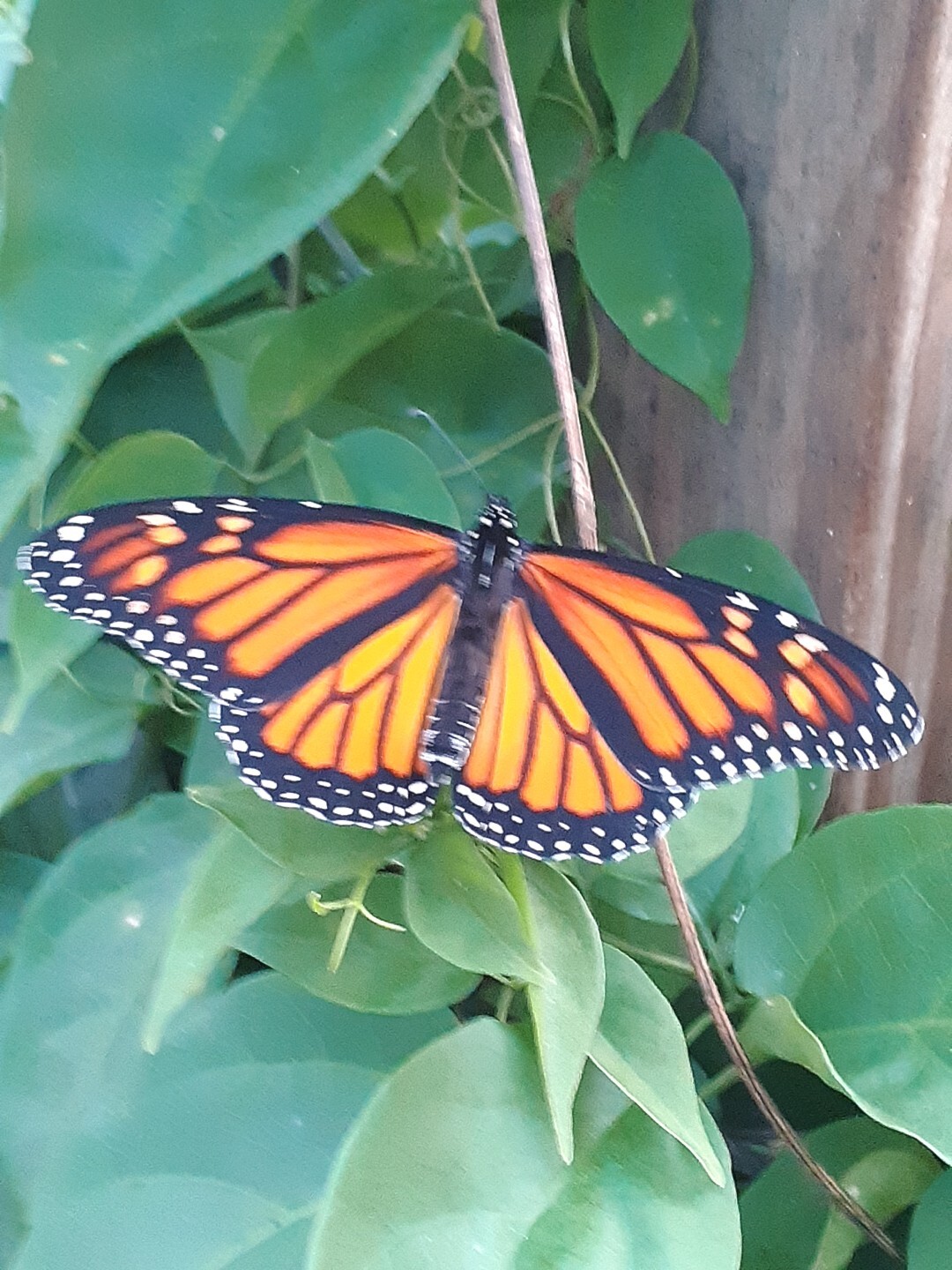True, true, the only way to make money seems to be self publish and for that you need space for a garage full of books!
I’m not sure what it’s like these days but NZ was always so small we don’t really need an agent for local publishers, though.
True, true, the only way to make money seems to be self publish and for that you need space for a garage full of books!
I’m not sure what it’s like these days but NZ was always so small we don’t really need an agent for local publishers, though.


My thoughts are that there are no villains here.
a) being annoyed at being overworked is understandable. (Writing what you really think/personal opinions in an institutional email is crazy though - save it for ftf).
b) wanting access to information for a major research project is also understandable and it’s not her fault they are overworked.
c) she’s an ex journalist and filmmaker and her current research seems to be about the web of lies and ommissions surrounding historical closed adoptions.
The only way anyone has ever got any traction on institutional “secrets” - everything from baby theft adoptions of the 1960s, child abuse in boarding schools in the 70s, the “Unfortunate Experiment” killing women at National Womens in the 80s, etc etc has been by being a “bitch” and pushing the authorities for information they don’t want to part with.
OTOH as an ex journo she knows talking to the media about this will create a bit of buzz around her forthcoming research.


I looked it up, it’s this research here so depending on how it’s written up I can definitely see it potentially benefiting a subset of society.
That said, the bar for PhD research is it has to make an original contribution of new material to its field - that’s for the universities to gatekeep. PhDs only have to be “of benefit to NZ” above and beyond that if they are getting direct funding from the Government (or other funding body with that requirement).
But either way a PhD is literally a piece of research so anyone undertaking one has to, well, research all the relevant info to the very best of their ability.
I think the issue here is whether their staff are funded to the level to meet these OIAs and if not, their manager should have requested her to apply for funding to cover it. Which is hard to know without knowing what the level of access actually was.
There’s a wikipedia article on her and she seems to mainly be a film maker/journalist not an academic, and is now involved in adoption activism around people who weren’t allowed to know who their real parents are. So the request about her name kind of makes more sense to me in that context.


Yeah I was kind of mentioning this stuff more because one day your parents will get old.
Statins have benefits that typically outweigh the side effects, and confusingly they seem to protect people from dementia as well as causing issues with memory and cognition. It’s nothing to regret, just worth knowing it’s a factor.
It does work. That loop is so strange, I like it!
You actually don’t have to, most publishers want to pick the illustrator themselves so they just want you to send them the words part.


Diet can do it too, e.g vitamin D deficiency also causes cognitive decline, and if doctors find out someone is eating 50% butter and puts them on statins (anti cholesterol) that causes reversible cognitive decline as well.
Bizarrely, with elderly people you also have to watch out for “silent” UTIs - they don’t hurt so the person might not realise they have one and it causes really marked signs of dementia, eg they say really dementia-ish things. Antibiotics clears it up. I saw this one first hand and it was such a relief to actually figure it out and get the person back to normal.
I love the light shining through the trees and sky. Is it a river, or a pond?
Gorgeous! I haven’t been there in years, I don’t remember it being so flowery!
You could totally write kids’ books.


It’s not all natural either. I’ve recently learned about anticholinergic burden and am annoyed I didn’t know sooner because with the health system the way it is now (so many locums, no continuity of care, overworked hospitals) elderly people really need their family looking out for stuff like this.


deleted by creator


Bunch of factors:
cognitive decline
cognitive issues related to medications eg anticholinergic burden
belief that they no longer “understand” the way things work and have to take younger people’s word for things
fear due to physical vulnerability (give in to scammers to avoid getting hurt physically)
loneliness (give in to scammers because they think they are making a human connection)
What we can do to help oldies is to be actively in their lives and looking out for them. Helping them navigate stuff and just letting them know we are there.
Super atmospheric. I love the bit of light on the rhs it kind of suggests the contrast of a cosy house with the street.
Beautiful, that mist layer really makes it ethereal!
Makes sense. I still really love plain lemonade ones, feels like a treat for me.


New New Internet.
Here’s a photo I took inside a car wash
![]()
It got me interested in her other work! Turns out I’ve actually seen one of her documentaries, it’s this thing about a Maori family who breed horses in the Ruakines, plays on Maori TV sometimes.
Relevant to OP article though, found this in a review of her book:
If that was her experience, then going forward, feeling like you were being obstructed in an OIA process would reopen a few old wounds. Especially when now here she is at uni and trying to undertake academic research.
I think many people don’t realise these days how bad adoption in NZ was, you sort of have to hear about it from the old timers. Teenage"unmarried mothers" were taken to special facilities and when they gave birth their babies were taken, even against their will/without consent in some cases, and never allowed to know who their parents were or why they were adopted or even what their own ethnicity was.